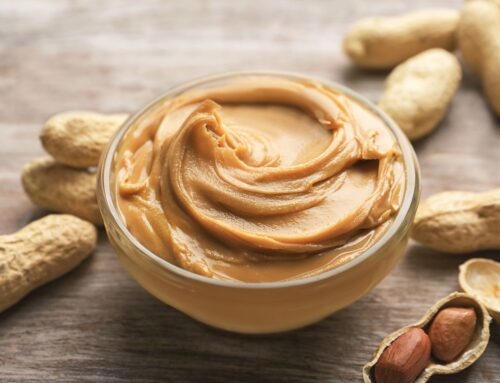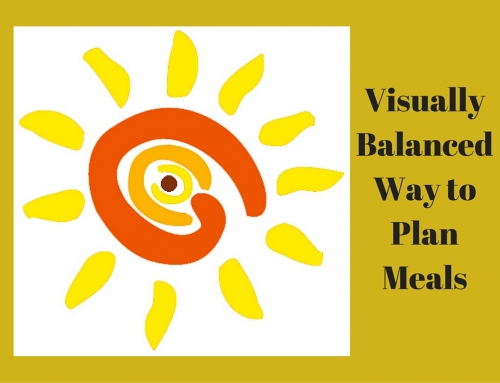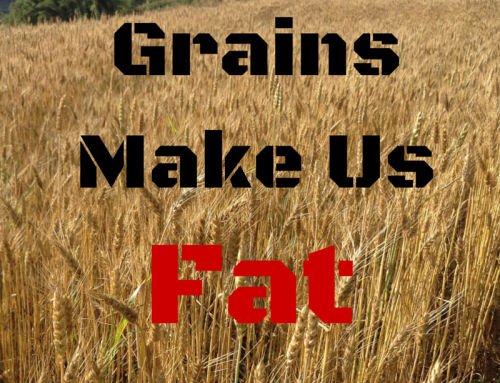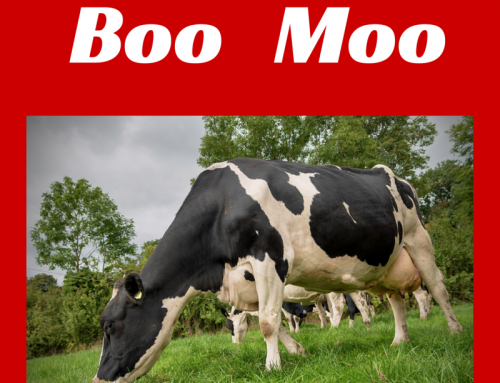There’s a trick to eating fewer calories and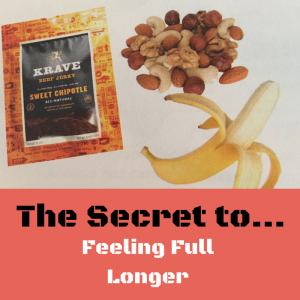 feeling full longer and I want to share with you. It’s easy, you’ll lose weight, and have more energy, too!
feeling full longer and I want to share with you. It’s easy, you’ll lose weight, and have more energy, too!
The big trick is eating the right balance of foods!
Low glycemic foods release energy more slowly so you feel full longer, eat fewer calories, have more energy, and lose body fat. Who doesn’t want that?
So how do you know what foods are best?
There’s a great tool called the Glycemic Index which ranks foods on how they affect our blood glucose/sugar levels. The Index measures how much your blood sugar increases after eating. So using the Glycemic Index helps you choose foods that don’t cause your blood sugar to rise too high.
Click here to download the Glycemic Index.
When your blood sugar level increases too much after eating, it causes an increased amount of insulin in your blood stream. Insulin then pulls the sugar out of the blood for immediate energy in your muscles, storage in your liver, and then the excess is stored in fat cells. That
is why insulin is called a fat storage hormone. If you are raising insulin levels you are storing fat!
After a spike in blood sugar, there’s a drop, which often leads to drowsiness, loss of
energy and mental clarity, and feeling hungry with cravings for more carbohydrates. If this pattern of excess blood sugar is repeated, over time it causes weight gain, depression, mood swings, and sleep disorders. In severe situations, it can lead to the onset of Type-Two Diabetes and many other health conditions.
The Glycemic Index is really all about foods
high in carbohydrates. Foods high in fat or protein do not cause your blood sugar to raise much. The most common foods with high Glycemic index include alcohol (especially drinks with added sugar like margaritas), bread, pasta, rice, potatoes, candy, cake, cookies, cold cereals, soft drinks, and frozen yogurt because of the added sugars.
How to Eat Fewer Calories and Feel Full Longer
How can you incorporate all this information into your eating habits?
The best practice is to always eat carbohydrates in combination with protein, fat or fiber to slow digestion. This lowers the Glycemic Index of the carbohydrate and it gives you a steady release of energy. Low glycemic foods release energy more slowly so you feel full longer, eat fewer calories, have more energy and lose body fat.
This is a four-part blog series. Tune in next week to learn more about balancing foods to create sustained energy, mental clarity and body fat loss.
Click here for a balanced meal idea you can try tonight.

